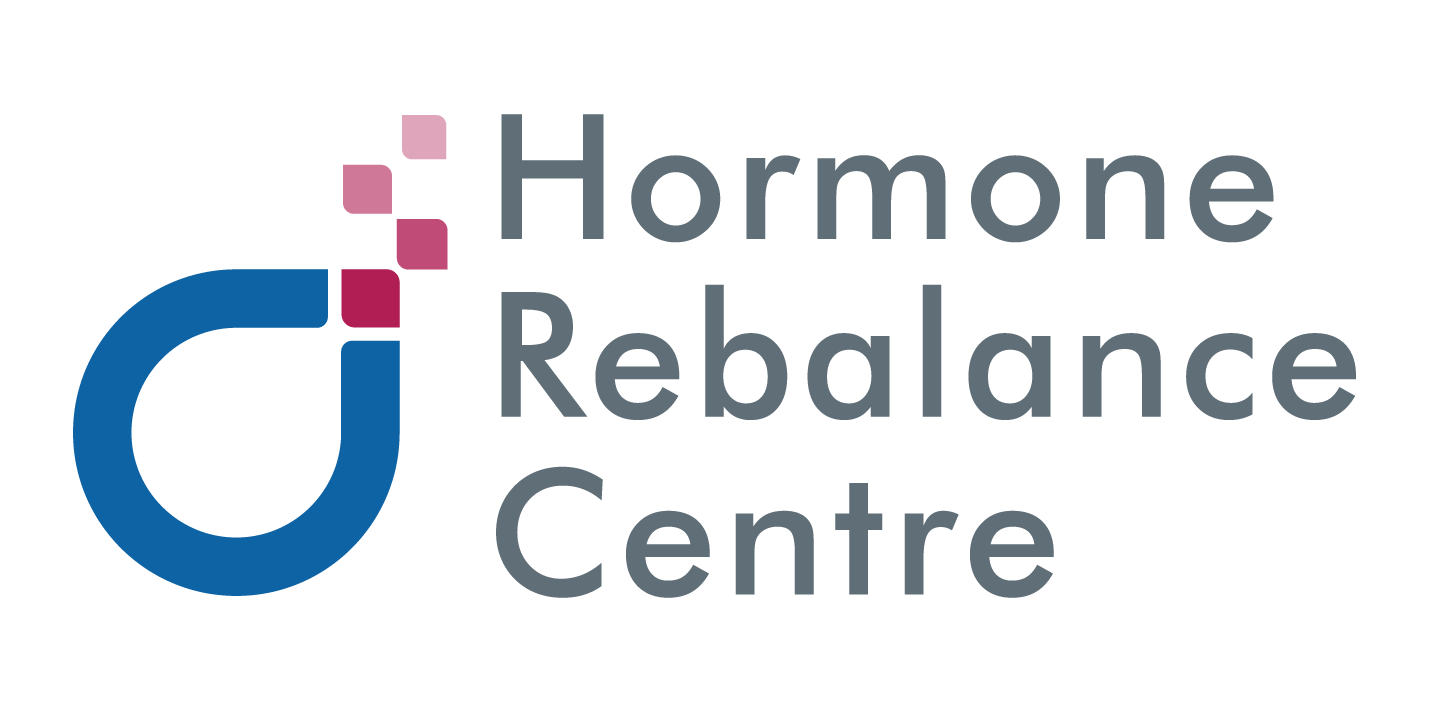Menopause is a totally normal state in a woman’s life that is to be expected. With that being said, there are many women who struggle with various bothersome symptoms that are impacting their quality of life during these transitions years.
Many women that come to our office struggle with symptoms such as:
- Hot flashes/night sweats
- Poor sleep
- Weight gain (or difficulty losing weight)
- Mood fluctuations
- Vaginal dryness and painful intercourse
- Period concerns (either heavier, more painful, lighter, skipped periods, etc.)
- Inflammation and joint pain
- Other metabolic conditions such as high cholesterol, diabetes or pre-diabetes, high blood pressure, osteoporosis or osteopenia, hypothyroidism, etc.
While this does not sound fun at all… it’s important that you know that there’s lots of healthy and natural interventions available to you so you experience it with ease and confidence!
While natural hormone replacement and certain supplements may be part of it, a proper diet can go a long way and is always the best place to start!
What is Perimenopause and Why Should you Be Prepared?
Perimenopause is the time period before menopause, where women’s reproductive hormones begin to change due to changing output by the ovaries. Perimenopause can last from four to ten years, but ends when there are twelve months of absent menstrual flow, which is the onset of menopause.
During perimenopause, hormones are fluctuating quite a bit, so women can experience anything on the spectrum of worsening PMS or cycles, to menopausal symptoms that come and go. This tends to coincide with stubborn weight gain and slowed metabolism, which can be very frustrating for women and is one of the most common concerns we see in our office.
The important thing to remember is that the better care you take of yourself in your perimenopausal years, the easier the transition into menopause may be. So it’s never too early to start caring for your hormones and ensuring they are in balance for your age!
The Importance of Your Diet:
What you eat can be quite important especially during the perimenopausal period where there fluctuations in estrogen, progesterone and cortisol (our stress hormone), affect the body’s response to insulin. This may consequently result in fluctuations in blood sugar levels where you did not experience them before.
If you are feeling like you are maintaining the same diet and level of exercise yet you are gaining weight and feeling more fatigued than before, this is why!
Anything related to managing your insulin and blood sugar levels can go a long way in improving ALL menopausal symptoms. We can’t stress how many women we’ve seen not only improve their weight, but report much better moods, sleep, thyroid levels, and even an improvement in their hot flashes when they properly balance their insulin levels.
Insulin dysregulation sets the stage for cortisol dysregulation, which in turn sets the stage for thyroid dysregulation, which all make estrogen/progesterone imbalance worse – so all hormones are connected to one another and starting with insulin balance is your safest bet!
Diet Dos & Don’ts:
DOS | DONT’S |
 Do Count Carbs. Choosing the right carbs makes the biggest difference for our patients when it comes to eating for your hormones. Eliminate simple carbohydrates (ie. white bread, pasta, processed grains) and increase consumption of complex carbohydrates, with a big focus on vegetables and some whole grains (in moderation). Eliminating grains all together may give you the best results 20-40g of carbs per day is quite restrictive (but is in line with a ketogenic diet). 50-100g of carbs per day should be a doable level that will get your the weight loss results you are looking for. Use apps such as Carb Manager or Fitness Pal to track carb intake. |  Don’t Count Calories. Calories are not all equal; using calorie calculators will not give you an accurate representation of what a certain food can do to your metabolism. For example, avocados and nuts are high in calories, but can be very effective foods to balance your blood sugar levels and eliminate cravings because they act as an excellent source of fuel. Focus on healthy fats and proteins. |
 Do Eat Fat. Mediterranean-style diets (which are high on fat) vs. low-fat diet helped improve weight loss [2]. Eat healthy, plant-based fats (ie. avocados, nuts, seeds, nut butter, coconut oil) with moderate consumption of organic animal-based fats (eggs, plain unsweetened Greek Yogurt, fish, chicken/beef). |  Don’t Eat Fat-Free Products. Anything fat-free compensates for the lack of flavour by being heavy on the carbs. Besides, fats, and specifically cholesterol, is the building block of all sex hormones, meaning a low fat diet can impede your body’s natural hormone production. Fats are also important for brain health, moods, memory and skin elasticity. |
 Do Try Intermittent Fasting. This is also known as time-restricted eating, where you eat in an 8-10 hours window per day and restrict solid foods for the rest of the time. Don’t force this state but work on achieving these feeding windows naturally. It comes much easier to those following a low-carb, high healthy fat diet. Check our INTERMITTENT FASTING BLOG for tips on how to get started! |  Don’t Skip Meals. Getting too busy to eat and overriding your hunger cues is a big stressor on the body. This can cause fluctuations in blood sugar, increase your stress response and may worsen all your symptoms. This is different from intermittent fasting, which is a controlled and planned way of eating. |
 Do Eat Superfoods. Superfoods are nutrient-dense foods that are high in vitamins and minerals, relative to their size and weight. These include foods such as chia seeds, flax seeds, hemp seeds, chlorophyll, maca root, turmeric, MCT oil, green tea, etc. |  Don’t Eat the Same Type of Food Every Day. Although we are creatures of habit, try to explore a variety of foods which will expose you to an array of different vitamins, minerals and even healthy bacterial for your gut. Eating the same foods every day (like eggs for breakfast), will expose you to the same type of protein every day, which can actually increase the risk of food sensitivities. As they say, eat the rainbow! |
Being aware of what types of foods and when to eat can help with a smooth transition into menopause. If you want to learn more about how to use your diet to balance your hormones, make sure to download our Hormone Balancing Nutrient Guide!
References
[1]: https://www.ncbi.nlm.nih.gov/pmc/articles/PMC6088966/
[2]:https://www.researchgate.net/profile/George_Mastorakos/publication/234007225_FINAL_MATURITAS/links/0fcfd50e30613aba4f000000/FINAL-MATURITAS.pdf



No Comments